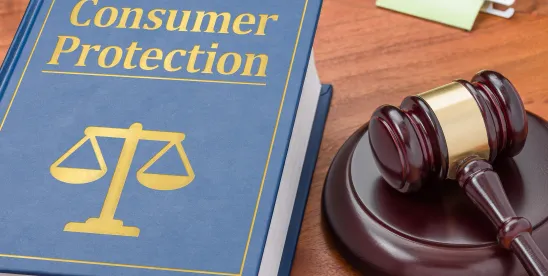In Wicked-Lite Supply, Inc. v. Woodforest Lighting, Inc., the Massachusetts Appeals Court examined whether a seller’s conduct in a commercial lighting transaction violated Chapter 93A, Sections 2 and 11, and if the conduct was knowing or willful enough to warrant multiple damages. The plaintiff, having experienced repeated failures with purchased lights, received only blame-shifting and inadequate remedies from the seller. Despite knowledge of defects, the seller insisted there was no problem and provided knowingly incompatible replacement lights. Discovery revealed the seller was aware of the faulty lights. Despite additional discussions about resolving the matter, the seller did not fix the problem and made the buyer feel like “a hamster on a wheel.” The trial judge found a Chapter 93A violation and awarded treble damages due to the defendant’s willing and knowing misconduct.
Appeals Court Analysis
On appeal, the defendant argued the conduct amounted to a simple breach of contract (which the jury had found), not a Chapter 93A violation, especially since the jury found no breach of the implied warranty of merchantability. Thus, the defendant contended, the jury necessarily rejected the premise that the defendant knowingly sold a product that it knew or should have known was defective. The Appeals Court disagreed, explaining that whether conduct violates Chapter 93A is based on “the totality of the circumstances.” The court reaffirmed that conduct need not attain “the antiheroic proportions of immoral, unethical, oppressive, or unscrupulous conduct, but need only be within any recognized or established common law or statutory concept of unfairness” to violate Chapter 93A. The trial judge had found the Chapter 93A violation was distinct from any breach of contract or related warranty issues, based on the defendant’s knowledge of defects and persistent, unfounded assurances that nothing was wrong, which were in essence, misrepresentations.
Willfulness, Knowledge, and Multiple Damages
The Appeals Court upheld the award of treble damages, noting that multiple damages under Chapter 93A were warranted based on the egregiousness of the conduct. The Appeals Court was bound by the trial judge’s findings of fact, which were supported by the evidence and all reasonable inferences drawn from that evidence. Here, the evidence was sufficient to prove willfulness and knowledge to support multiple damages.
The Appeals Court contrasted this case with VMark Software, Inc. v. EMC Corp., where the defendant “acted in good faith in its dealings with the plaintiff” and fully expected the product would function as represented. The defendant in that case also was “persistently ready and willing, though ultimately unable, to correct” the issue. Thus, in VMark Software, multiple damages were not appropriate.
Key Takeaways
This decision underscores that Chapter 93A findings are highly fact-specific. Courts will assess both the unfairness of the conduct and the willfulness of the violation under the totality of the circumstances when determining liability and damages. Also, in the context of dealings with customers, the decision underscores the importance of attempting to resolve problems in good faith and not giving customers the “runaround.”




 />i
/>i
